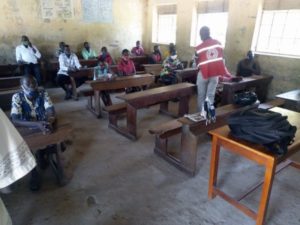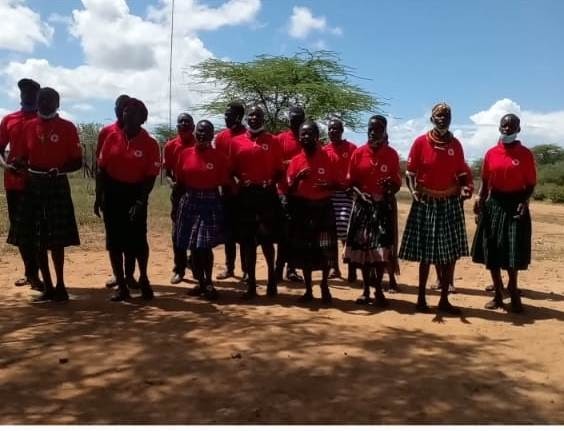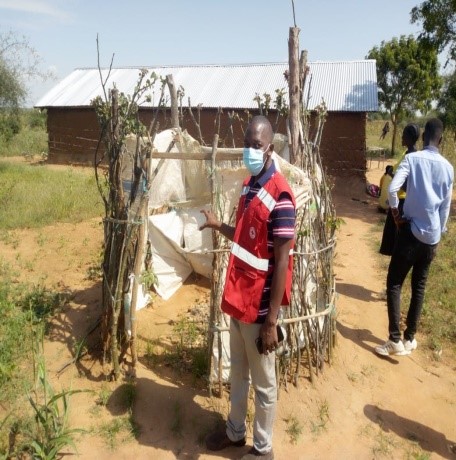Written by Elijah Muhindo, Skybird micro project manager at URCS Moroto Branch
Take a moment to think about a community that lives with cultural norms and values such as; a heap of feaces is a noble sign of food production in a home, if a pregnant woman visits a latrine she will lose her baby, a child must not mix feaces with that of an elder. In this community, open defecation is therefore no worry, not shaming and to them not in any way consequential.
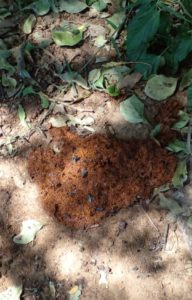
That is how it started with the Skybird Bokora WASH Project in Matany Town Council, Moroto, Uganda.
With only 20% latrine coverage, with no hand washing facilities at latrines and only 10% of the population willingly accepting to use the available latrines. With open defecation being part of the culture, the existence of the respected and authoritative elders in the community who are as well the custodian of culture, in the first place hindered easy penetration to the intervention communities; it seemed like we needed too much time to change these communities and get them into better hygiene and sanitation practices.
How Community Engagement and Accountability helped us transform local social norms
Employing a Community Engagement and Accountability Strategy (CEA) brought community leaders and all elders on board and eased our work by helping to conceptualize our PHAST (for outside school communities) and PHASE (for in school communities) methodologies in the intervention communities.
The interesting moment was when everyone (men and women) wished to be part of the Participatory Hygiene And Sanitation Transformation groups. The 04 PHAST groups with a total of 100 people we formed and trained played the magic part it needed to transform their communities. The support we gave them through the sanitation digging tools were used teamly.
It was interesting to see each group member concentrated on his or her 5 neighbours, helping them in the replication process of digging pits for latrines, putting up bath shelters and drying racks among others. This caused a huge behavior change in the community that even the town council authorities were able to notice. It was joyous to see latrine coverage increasing to 35% and 35% of the population accepting the use of latrines compared to an initial 10%. As a result we were awarded a certificate of appreciation by the Town Council Authorities.
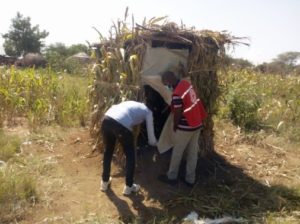
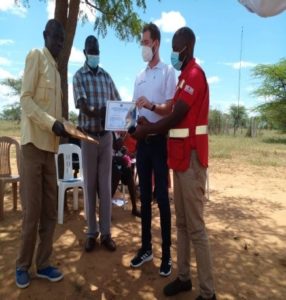
Pupils and Elder Community Leaders as Influencers
My experience is that when you train pupils in Personal Hygiene And Sanitation Education (PHASE), the WASH activities they do in their school health clubs are more replicated in their homes. It was realized from the field visits that members of school health clubs influenced and encouraged most of their parents to put up sanitation facilities in their homes. It was another experience to see the PHAST drama group bringing on board members of school health clubs to join them in reciting poems on WASH and passing WASH related messages in songs, dance and drama.
In general it was the first time an organization applied the PHASE and PHAST approaches accompanied with CEA principles in this area and it was the first time community leaders as well as pupils were targeted to such an extent. Heavily involving the elder community leaders and influencing families through education of pupils allowed Moroto Branch to be successful in this micro project.
Therefore we can only recommend to other WASH practitioners to understand the local power structures and social norms and work with them, specifically by involving the elder community leaders as “influencers”.
